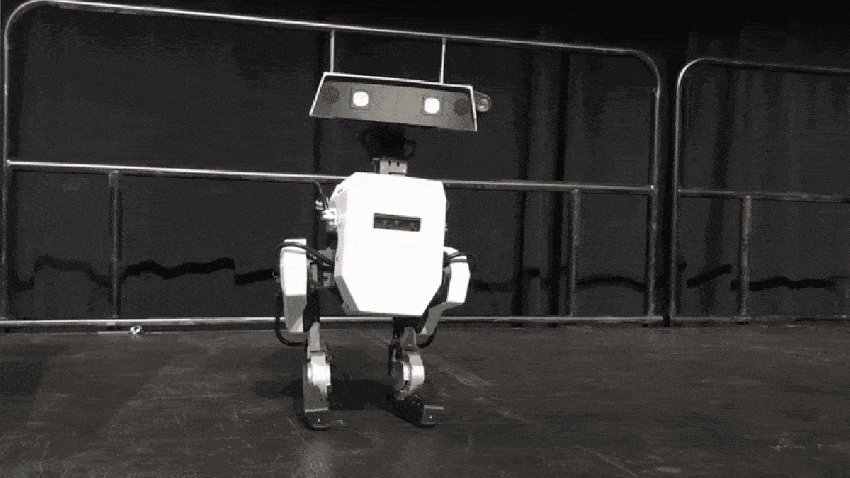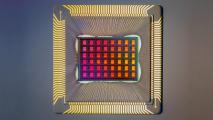Future Explored
This is Future Explored, your guide to world-changing technology. You can get stories like these straight to your inbox by subscribing below.
Get every issue in your inbox.

More Editions
Molten salt reactors could save nuclear power
Molten salt reactors, a type of nuclear reactor first explored in the 1950s, could be the future of clean energy.
The US is researching ways to block the sun
The US is developing a plan to study solar geoengineering, a controversial approach to combatting the effects of climate change.
AI is able to spot diseases before symptoms appear
New AI tools are helping doctors screen healthy patients for diseases early, when treatments are most effective.
How NASA plans to stop killer asteroids
NASA’s planetary defense researchers are tracking potentially hazardous objects in space and developing tech to destroy or deflect them.
Brain-zapping tech improves memory by more than 50%
A brain-zapping “memory prosthesis” funded by DARPA improved trial participants’ ability to retain new information by more than 50%.
First-of-its-kind trial will attempt to grow mini livers in people
A new treatment that could turn a single donor liver into “mini livers” capable of saving 75 or more lives is heading into human trials.
Optimized charging powers EV batteries to 90% in 10 minutes
Tomorrow’s electric vehicles could charge far more quickly thanks to optimized charging methods and innovative battery designs.
Stanford’s new microchip could put powerful AI on your devices
A Stanford-led team has developed a new microchip that could let us run advanced AI programs directly on our devices.
Earth’s orbit is about to get way more crowded
Satellite mega constellations could bring the world online, but they’re also a threat to astronomy. Can we study space and build in it, too?
Text-to-image AIs are changing art forever
Text-to-image AIs that draw whatever you describe in text are making it easy for anyone to create unique art online.













